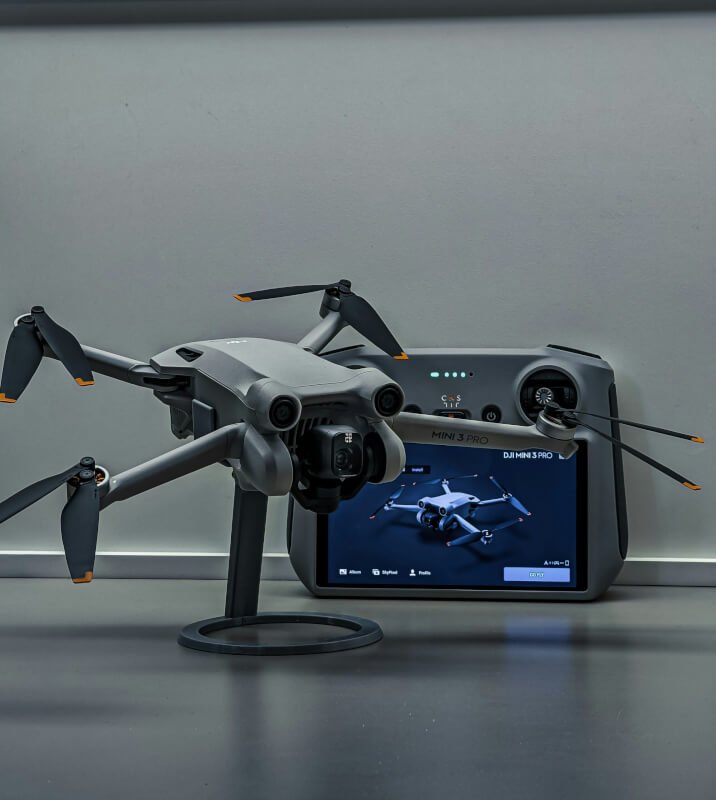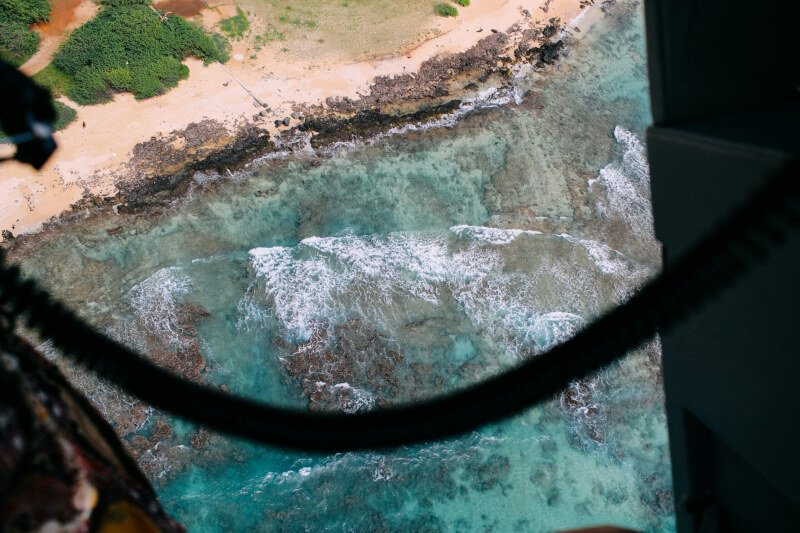Welcome to the world of RC helicopter piloting! As a new pilot, it’s exciting to take to the skies with your remote-controlled helicopter. However, it’s important to be aware of some common mistakes that beginners often make. By avoiding these pitfalls, you can ensure a smooth and safe flying experience. From failing to properly balance the helicopter to neglecting to check the weather conditions before flying, these tips will help you navigate the world of RC heli piloting with ease. So buckle up, adjust your rotor blades, and get ready for an adventure in the sky!
Common Mistakes To Avoid As A New RC Heli Pilot
Are you new to the exciting world of RC helicopter flying? Congratulations on embarking on this thrilling hobby! As you start your journey as a new RC heli pilot, it’s important to be aware of some common mistakes that newcomers often make. By being aware of these mistakes and knowing how to avoid them, you can enhance your flying experience and prevent unnecessary crashes and frustrations. Let’s dive into the common mistakes to avoid as a new RC heli pilot.

Not Reading the Manual
It may seem obvious, but one of the most common mistakes new RC heli pilots make is not reading the manual that comes with their helicopter. The manual contains important information about how to properly operate and care for your helicopter, as well as crucial safety guidelines. By not reading the manual, you could miss out on essential information that could help you fly your helicopter safely and effectively.
Make sure to take the time to thoroughly read and understand the manual that comes with your RC helicopter. This will not only help you operate your helicopter correctly but also ensure that you are aware of any specific features or limitations of your particular model.
Skipping Pre-Flight Checks
Another common mistake new RC heli pilots make is skipping pre-flight checks. Pre-flight checks are essential to ensure that your helicopter is in good working condition and ready to fly. By skipping these checks, you run the risk of encountering mechanical issues mid-flight, which could result in a crash or damage to your helicopter.
Before each flight, take the time to perform a thorough pre-flight check of your helicopter. This includes checking for loose or damaged parts, making sure the battery is charged, and ensuring that all controls are functioning correctly. By taking the time to perform these checks, you can prevent potential issues and fly with peace of mind.
Ignoring Weather Conditions
Weather conditions play a significant role in RC helicopter flying, and one common mistake new pilots make is ignoring weather conditions. Flying in adverse weather conditions, such as high winds or rain, can be dangerous and increase the risk of crashing your helicopter. It’s essential to be aware of the weather forecast and choose your flying days wisely.
Always check the weather forecast before heading out to fly your RC helicopter. Avoid flying in windy or rainy conditions, as these can impact the stability and control of your helicopter. By flying in optimal weather conditions, you can enjoy a safer and more enjoyable flying experience.
Overestimating Your Skills
As a new RC heli pilot, it’s easy to get caught up in the excitement and overestimate your flying skills. One common mistake new pilots make is attempting advanced maneuvers or flying techniques before mastering the basics. Trying to perform complex tricks or stunts without a solid foundation can lead to crashes and frustration.
Take the time to practice and master the fundamental flying skills before moving on to more advanced maneuvers. Start with basic hovering, take-off, and landing techniques, and gradually progress to more challenging maneuvers as you build confidence and experience. By learning at your own pace and mastering the basics, you can become a skilled and confident RC heli pilot.

Not Understanding Transmitter Functions
The transmitter is a crucial component of flying an RC helicopter, but many new pilots overlook the importance of understanding its functions. Each control stick and switch on the transmitter has a specific function that affects the movement and behavior of your helicopter. Not understanding these functions can lead to confusion and difficulty controlling your helicopter.
Take the time to familiarize yourself with the functions of your transmitter and how each control stick and switch impacts the movement of your helicopter. Practice using the controls in a controlled environment to get a feel for how they affect the flight of your helicopter. By understanding your transmitter functions, you can fly your helicopter more effectively and confidently.
Flying Too Close to Obstacles
One common mistake that new RC heli pilots make is flying too close to obstacles such as trees, buildings, or other structures. Flying in close proximity to obstacles increases the risk of collisions and crashes, which can result in damage to your helicopter and potential safety hazards. It’s essential to maintain a safe distance from obstacles to ensure safe and enjoyable flying.
When flying your RC helicopter, always be mindful of your surroundings and avoid flying too close to obstacles. Give yourself plenty of space to maneuver and maintain a safe distance from any potential hazards. By flying in open areas with minimal obstacles, you can reduce the risk of collisions and enjoy a more stress-free flying experience.

Neglecting Maintenance and Repairs
Proper maintenance and care are essential for keeping your RC helicopter in good working condition, but many new pilots neglect this aspect of flying. Neglecting maintenance and repairs can lead to mechanical issues, poor performance, and even crashes. It’s important to regularly inspect and maintain your helicopter to keep it in optimal flying condition.
Make it a habit to perform regular maintenance checks on your RC helicopter, including checking for loose or damaged parts, cleaning the helicopter, and ensuring that all components are functioning correctly. If you notice any issues or damage, don’t hesitate to repair or replace the affected parts. By staying on top of maintenance and repairs, you can prolong the life of your helicopter and enjoy consistent performance.
Flying Without Proper Training
Lastly, one of the most common mistakes new RC heli pilots make is flying without proper training. While it may be tempting to jump right into flying your helicopter, proper training and instruction are essential for learning the necessary skills and techniques. Flying without proper training can lead to crashes, frustration, and potentially unsafe flying practices.
Consider seeking out a local RC flying club or instructor to receive formal training and guidance on flying an RC helicopter. Instructors can provide valuable instruction on basic flying techniques, safety guidelines, and troubleshooting tips. By investing in proper training, you can accelerate your learning curve, avoid common mistakes, and become a more skilled and confident RC heli pilot.
In conclusion, as a new RC heli pilot, it’s important to be aware of common mistakes and how to avoid them. By taking the time to read the manual, perform pre-flight checks, consider weather conditions, and practice basic flying skills, you can enhance your flying experience and prevent unnecessary crashes. By understanding your transmitter functions, maintaining a safe flying distance, and staying on top of maintenance, you can enjoy a safer and more enjoyable flying experience. Remember to invest in proper training and instruction to accelerate your learning curve and become a skilled RC heli pilot. With these tips in mind, you can navigate the world of RC helicopter flying with confidence and success. Happy flying!



